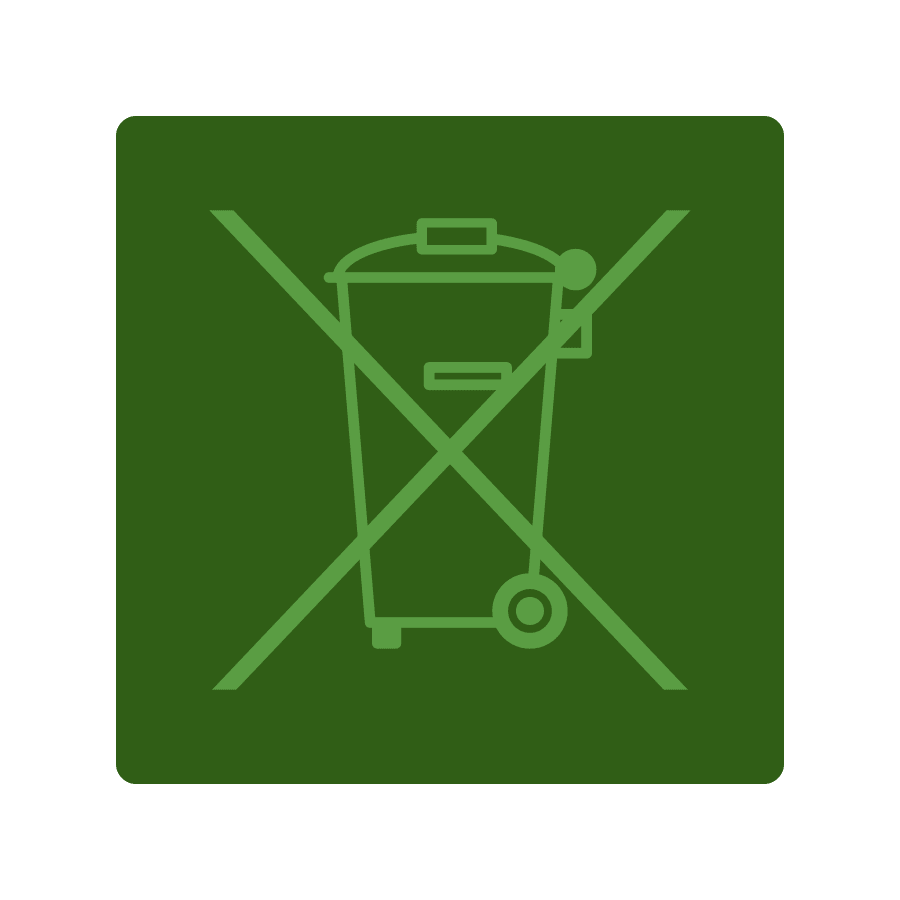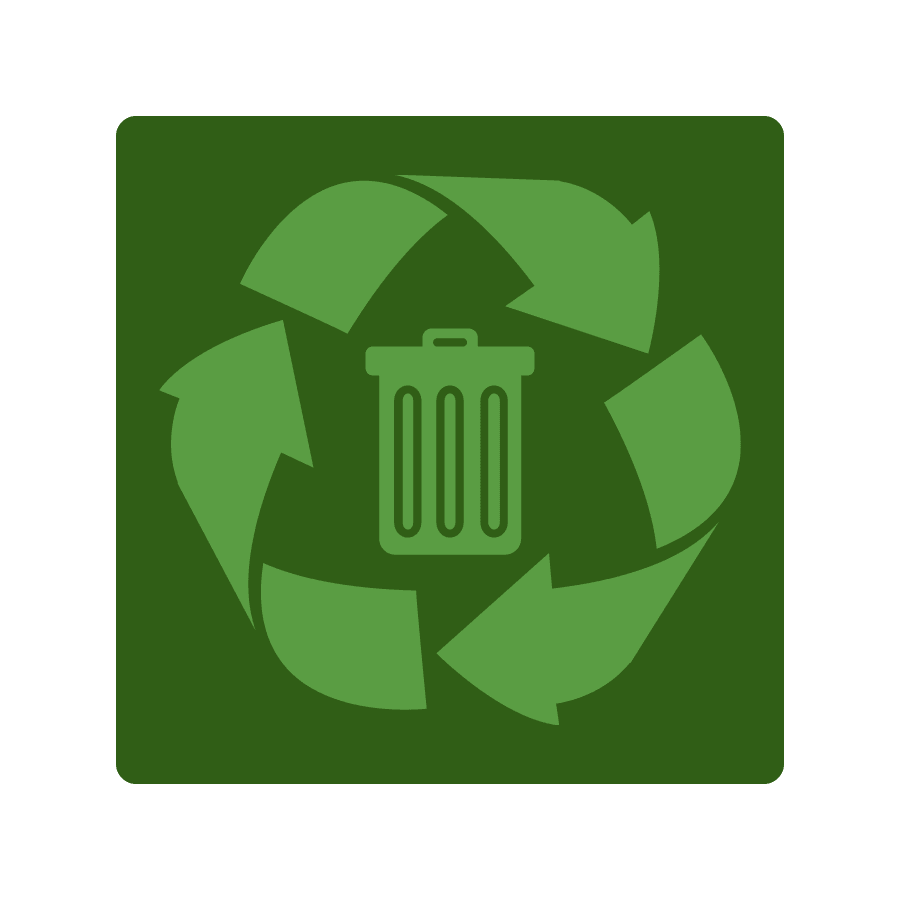- Home
- Government
- Departments
- Departments N to V
- Transportation
- Norfolk Climate Action Hub
- What is Climate Action?
What is Climate Action?
The City of Norfolk is committed to take urgent action to combat climate change and its impacts. Climate action is frequently divided into two approaches: adaptation are all the actions taken to manage the risks of climate change impacts and mitigation is all the actions taken to reduce the emissions that cause climate change. In Norfolk these two climate action approaches are handled by the Office of Resiliency (adaptation) and the Environmental Sustainability and Climate Action Team (mitigation).
What can you do to act against climate change?
We can all make a difference. In addition to the measures Norfolk is taking with respect to government operations, all Norfolk residents are encouraged to start with these ten actions compiled by the United Nations to help tackle the climate crisis.
 Save energy at home
Save energy at home
Much of our electricity and heat are powered by coal, oil, and gas. Use less energy by lowering your heating and cooling, switching to LED light bulbs and energy-efficient electric appliances, washing your laundry with cold water, or hanging things to dry instead of using a dryer.
 Use alternative transportation
Use alternative transportation
America’s roadways are clogged with vehicles, most of them burning diesel or gasoline. Walking or riding a bike instead of driving will reduce greenhouse gas emissions — and help your health and fitness. For longer distances, consider taking a train or bus. And carpool whenever possible. Norfolk also offer our light rail: the TIDE.
 Eat a plant-rich diet
Eat a plant-rich diet
Eating more vegetables, fruits, whole grains, legumes, nuts, and seeds, and less meat and dairy, can significantly lower your environmental impact. Producing plant-based foods generally results in fewer greenhouse gas emissions and requires less energy, land, and water. In April 2022, Norfolk residents and city employees participated in the Meatless Monday Challenge, committing to eat a plant-rich diet every Monday that month.
 Consider your travel
Consider your travel
Airplanes burn large amounts of fossil fuels, producing significant greenhouse gas emissions. That makes taking fewer flights one of the fastest ways to reduce your environmental impact. When you can, meet virtually, take a train, or skip that long-distance trip altogether.
 Throw away less food
Throw away less food
When you throw food away, you're also wasting the resources and energy that were used to grow, produce, package, and transport it. And when food rots in a landfill, it produces methane, a powerful greenhouse gas. So use what you buy and compost any leftovers.
 Speak up
Speak up
Speak up and get others to join in taking action. It's one of the quickest and most effective ways to make a difference. Talk to your neighbors, colleagues, friends, and family. Let business owners know you support bold changes. Appeal to local and world leaders to act now. Join one of the many boards and commissions to advise City Council on issues that matter to you.
 Reduce, reuse, repair & recycle
Reduce, reuse, repair & recycle
Electronics, clothes, and other items we buy cause carbon emissions at each point in production, from the extraction of raw materials to manufacturing and transporting goods to market. To protect our climate, buy fewer things, shop second-hand, repair what you can, and recycle.
 Switch to an electric vehicle
Switch to an electric vehicle
If you plan to buy a car, consider going electric, with more and cheaper models coming on the market. Even if they still run on electricity produced from fossil fuels, electric cars help reduce air pollution and cause significantly fewer greenhouse gas emissions than gas or diesel-powered vehicles. Check out where EV chargers are located in Norfolk here.
 Choose eco-friendly products
Choose eco-friendly products
Everything we spend money on affects the planet. You have the power to choose which goods and services you support. To reduce your environmental impact, buy local and seasonal foods, and choose products from companies who use resources responsibly and are committed to cutting their gas emissions and waste.